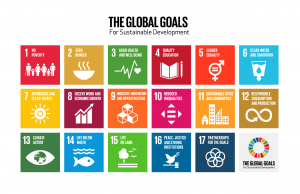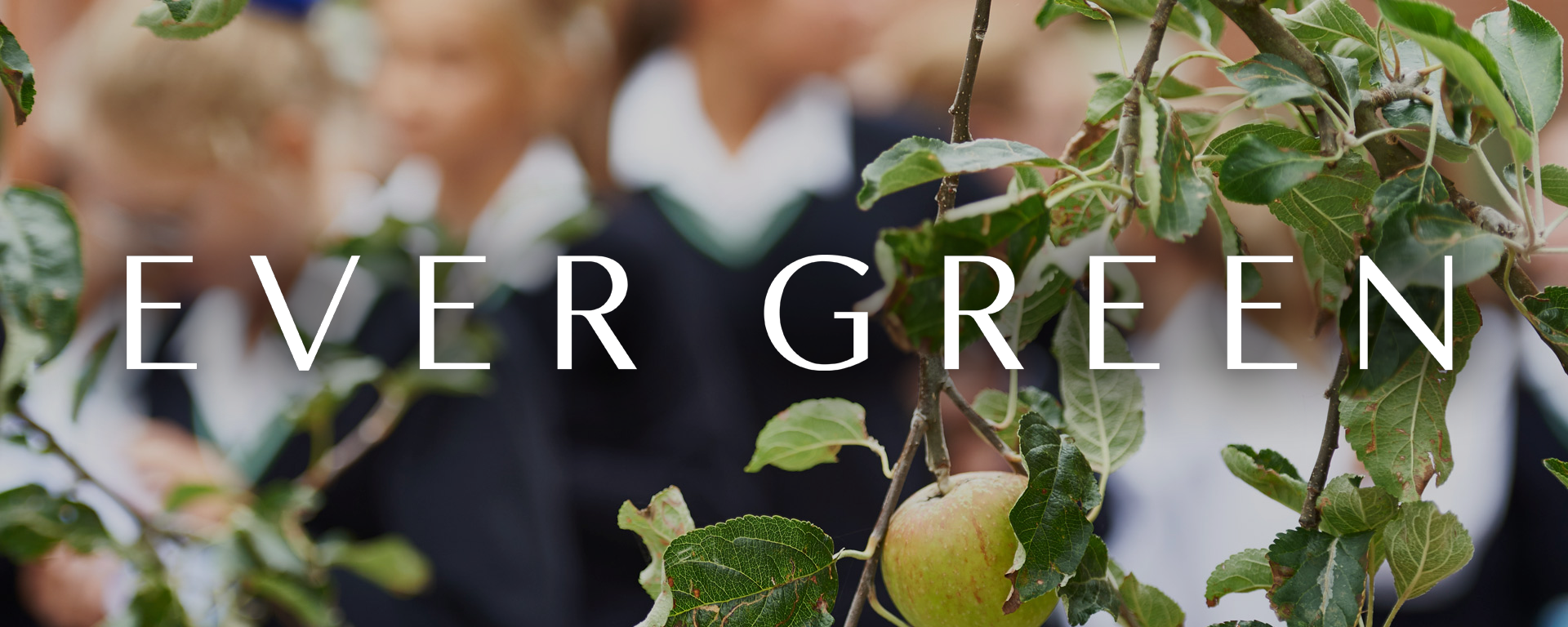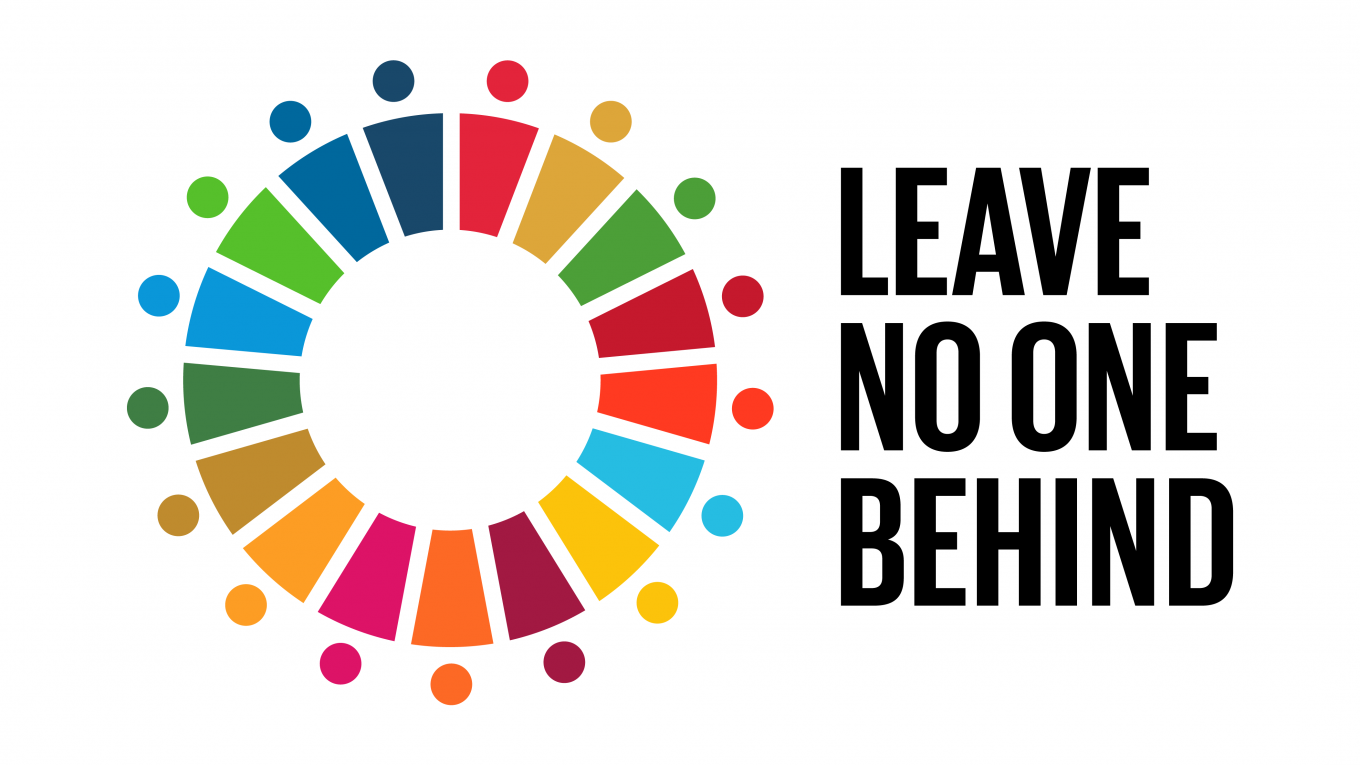Global Goals Week 2021: The Clock is Ticking
As the world marks Global Goals week 2021, Miss Sinclair reflects on the progress made in the last 6 years. Isn’t it time we started taking this seriously?
Where were you at the start of December 2015? Rehearsing for an end-of-term carol service? Counting down the days to the Christmas holidays? Filling yourself with chocolate in an attempt to your energy levels up?
I have very vivid memories of those few weeks, thanks to the enthusiasm and engagement of a Year 9 class that I was teaching at the time. As the end of term drew near, I found myself with a few lessons in hand and wondered what I could do to keep my students entertained. The usual go-to of an extended project or documentary series didn’t seem to quite cut it.
Several hundred miles away in Paris, World Leaders and experts from around the world were gathering to come up with a plan: a plan for a better future. The science around the challenges we faced was clear, however, the global community needed to decide what action they would take.
A plan began to form for my class: perhaps we could act out our own conference? Students could represent countries with very different views and follow the same rules for resolutions: nothing could be agreed until everything was agreed.
As our conference progressed, the challenges of reaching any meaningful conclusion became more and more apparent. From seemingly disparate viewpoints, a consensus would form, only for one or two countries to object and bring everyone back to the drawing board. We followed the real conference with earnest, hoping their discussions would be much more successful than ours were turning out to be. The relief when the news came on the 12th December that the Paris Agreement had been signed was palpable- at last there was a serious plan.

Six years has now passed, and the hard-won targets agreed at the Paris Conference still dominate the global agenda. The 17 Sustainable Development Goals for 2030 (Global Goals for short) give us a clear roadmap to a brighter and more equitable future. They don’t just address Climate Change, but other issues as well: Extreme Poverty (Goal 1), Hunger (Goal 2), Gender Equality (Goal 5), Education for all (Goal 4), Pollution and the natural world (Goals 12, 14, 15), Inequality (Goal 10), Justice (Goal 16). Why? Because these problems are linked: it is the poorest, the disadvantaged, women, and children who will be most affected in the years to come. The very people who are least responsible.
Whilst the achievements of the Paris conference were remarkable, a new battleground has emerged: it’s one thing to set some targets, but it is quite another to make them a reality. Under current policies, models predict that global temperatures will increase by a catastrophic 3.5˚C by 2100. What is more, the pandemic has only exacerbated the problems: in 18 months it has erased 5 years of progress towards eliminating extreme poverty, 10 million more girls are predicted to be at risk of becoming child brides by 2030, and an additional 101 million children fell below minimum reading proficiency levels due to the closures of schools. The list goes on…
This week marks the 76th Session of the United Nations General Assembly. Since 2016, the start of the assembly has been marked by a week celebrating the Global Goals, highlighting the achievements so far and reminding us of what still needs to be done by 2030.
This year is no exception: there have been fascinating discussions from activists all around the world, glimmers of hope as countries outline new policies, and even a 24-hour global concert to look forward to this very Saturday.
So, get involved in this Global Goals week. Listen to some of the events from the UN and tune in to the concert this Saturday on BBC One. Tell world leaders what changes you would like to see. Find out more about what the goals are and think about how you can play your part- there’s still a lot to do and the clock is ticking.

